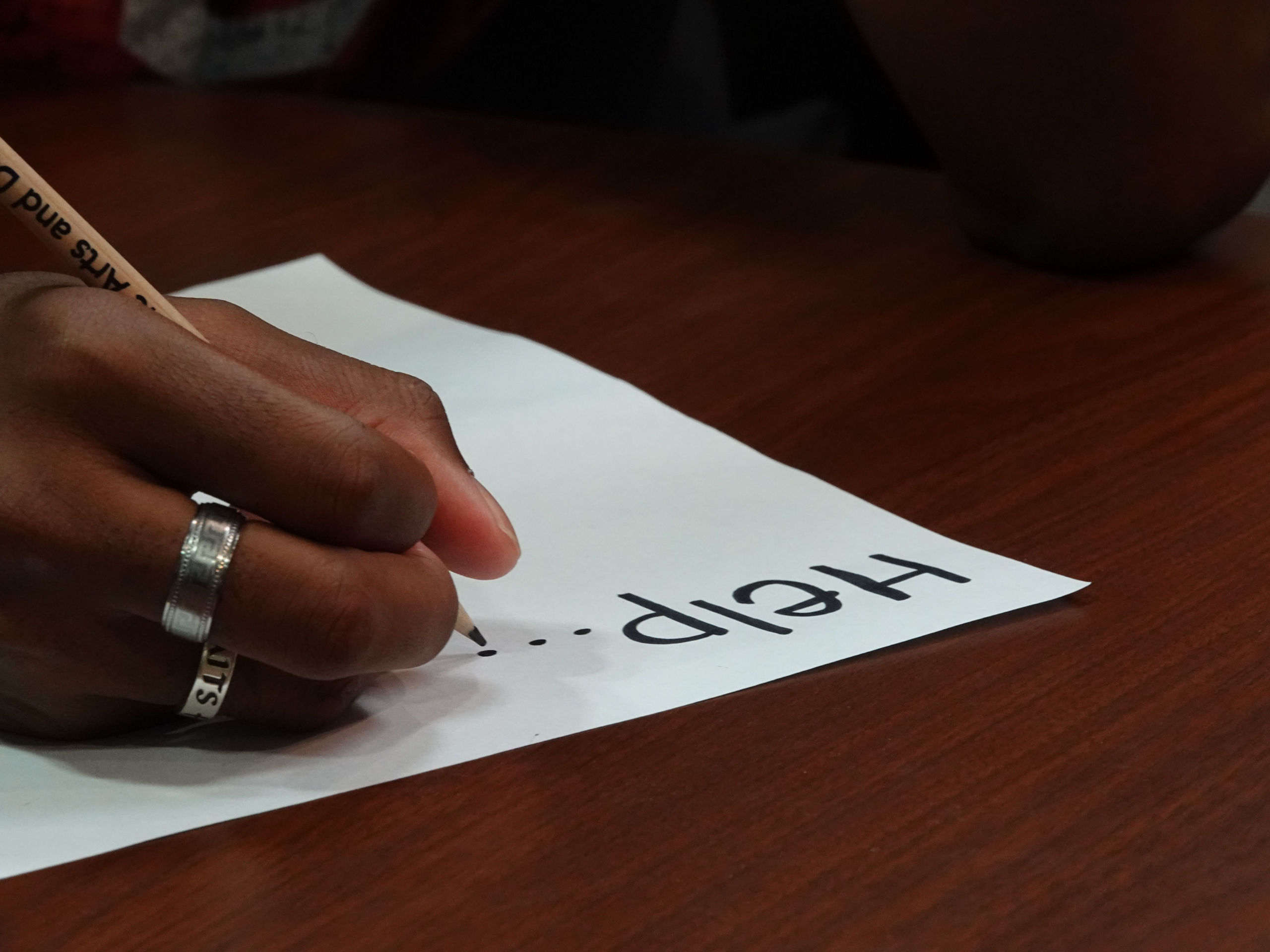By Jeremiah McBurrows, Heritage High School, Frisco, Texas
The room begins to fade. All that’s in view is the test in the near horizon. The very thought of being near that dreaded piece of paper turns his hands clammy. This is what Evan Whitaker, a rising junior at the University of Oklahoma, has going through his mind whenever he simply hears the mention of a test coming his way.
Test anxiety is real, and for students like Whitaker, it’s a bigger issue than others may think.
Test anxiety is not uncommon among U.S. students. In fact, around 33 percent of them deal with varying degrees of test anxiety. Jocelyn Barton, a licensed clinical psychologist, said that most students experience anxiety before tests, but there are many things that factor into it including parents requiring certain grades, perfectionism and students not getting enough sleep.
In an essay published by UCLA’s Center for Mental Health in schools, UCLA graduate Hilary Phan said that it is estimated that 40-60% of students are negatively affected by test anxiety. That’s nearly 35 million students across grade school and college who experience some degree of test anxiety.
When the word test anxiety comes to mind, what follows may vary from person to person.
“The main things that come to mind when I think of test anxiety are the inability to focus,” Whitaker said. “Losing my place, second guessing…shortness of breath … Not really having a panic attack, but having a mental breakdown in that moment.”
At OU, there are many ways students who suffer from test anxiety can get help. Ingrid ter Steege, assistant to the director of the Student Learning Center at OU, recommends students get a tutor and study in specific ways to improve performance. She also says that OU offers many resources including tutors, help centers and even counseling to help students overcome test anxiety. She said it is important that students who need help seek it.
“There’s the Disability Resource Center … also even Goddard Health Center,” Steege said. “One thing I will say is, if a student is having some issues, they need to do some research … It’s a two way street. We try to market it (solutions), but also students need to seek out our assistance as well.”
While there are resources across campus to help students with test anxiety, some students do not feel they have anyone to turn to for help.
“Unfortunately, I never felt that there was a space to ask for accommodations for a test,” Whitaker said, “I felt like mine was more of a personal struggle that didn’t really require something … but if they had something for that, that would be awesome.”
To avoid the trouble of dealing with the symptoms of test anxiety during a test, Barton recommends practicing using state-dependent memory. State-dependent memory refers to an improved ability to recall information by studying in an environment similar to the one in which the information will be tested.
While Whitaker did not feel that there was a place for him to seek out help with his test anxiety, Steege said that the Student Learning Center tries to publicize its services each year.
“We send it (information) to the professors, the TAs (teaching assistants) that teach; all of our staff are constantly touting our resources.”
So with the info being available to students, why aren’t people like Whitaker seeking them out? The answer might lay within how the U.S. treats test anxiety among its students.
“I feel like a lot of people … kind of downplay the dramatics of the issue and the severity of testing anxiety.” Whitaker said, “So they’re like, ‘well I don’t need to contact anyone, or there aren’t really any resources for me.’”






